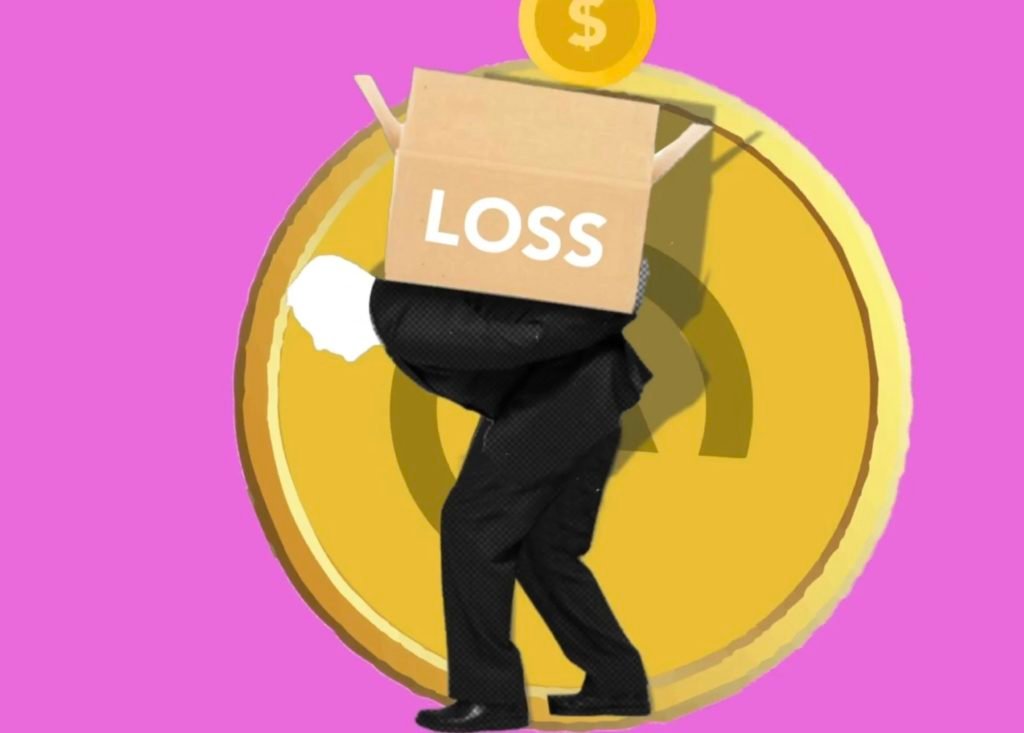Many financial experts will tell you this is the right time to pay off your bills and debts using a debt consolidation loan. Why? The interest rates on such loans are at their lowest. So, if you have some debts on your credit cards or you accumulated bills courtesy of the Covid-19 pandemic, a debt consolidation loan will come in handy to bail you out faster.
Can you get a debt consolidation loan?
The short answer is yes, but we need to look at it a little further.
How a Debt Consolidation Works
A debt consolidation loan combines your medical bills, credit card debts, and all other debts into one low-interest loan. Once your loans get merged you’ll only have a single monthly repayment. If you have multiple loans, their interests will accumulate, making it difficult to repay the loans without defaulting. This is what debt consolidation eliminates.

Another advantage of debt consolidation is that its interest isn’t compounded. The rate at which you are repaying the loan will remain constant until you clear the loan. Debt consolidation loans are unsecured and can be obtained from online lenders, credit unions, and banks. Some lenders offer instant online loan approval and prequalification, while others may require you to provide some supporting documents before approval.
Because debt consolidation loans aren’t secured, lenders will require you to meet their debt-to-income ratio threshold. The interest rate at which the loan is offered will depend on your credit score; the higher the credit score, the lower the interest rate.
Some unsecured debts you can pay using a debt consolidation loan include:
- Payday loans
- Personal loans
- Medical bills
- Credit card debts
Can You Qualify For Debt Consolidation Loan?
Before you start shopping around for a lender, you must find out whether you stand a chance to get the loan and at a reasonable rate. Many lenders consider the following factors:
Credit Score
Lenders set the minimum credit score for a debt consolidation loan. In most cases, you can qualify for a consolidation loan if you have a good (680 or better) or a fair credit score. With a fair credit score, your interest rate will be higher than those with a good credit score. This is because lenders will consider you a high-risk borrower. With an excellent credit score, you’ll get the best deal of all.
Borrower’s Income
Just like credit score, lenders set minimum income for their loan applicants. Specifically, they look at the debt-to-income ratio. A lower debt-to-income ratio will qualify you for the best loan terms. This is because it means you’ll only spend a low percentage of your income to service the debt. Some lenders allow a debt-to-income ratio of as high as 50%. A 50% debt-to-income ratio means you are using half of your monthly income to repay the loan.
Credit History
Your credit history is the way you’ve been repaying your loans. If your credit history is free from foreclosures, repossessions, tax liens, bankruptcies, or loan defaults, you’ll likely get a consolidation loan at a low-interest rate. Anything that stains your credit highly reduces your chances of getting a loan or increases your chances of getting a loan at a high-interest rate. A bad credit history means you are a high-risk borrower.
Who Are The Best Lenders?
The best lender is one that offers the lowest interest rate and approves your loan request faster. When searching for the best lender, consider factors such as:
- Customer service ratings
- Repayment options
- Penalties and fees
- Loan terms
- Interest rates
- The speed at which the loan gets approved
Note that some lenders put restrictions on how the borrower uses the loan. Some lenders don’t allow the loans to be used on business expenses or college fees.
Some of the best lenders are:
- LightStream
- PenFed Credit Union
- Payoff
- Rocket Loans
- Avant
- Marcus
- SoFi
- Best Egg
- LendingClub
Can you get a debt consolidation loan? Yes. But as you can see, whether or not you should depend on your credit score, income level, and your credit history. The greatest advantage of debt consolidation loans is that they can boost your credit score. But for this to happen, you must use the loan to repay your debts.


































